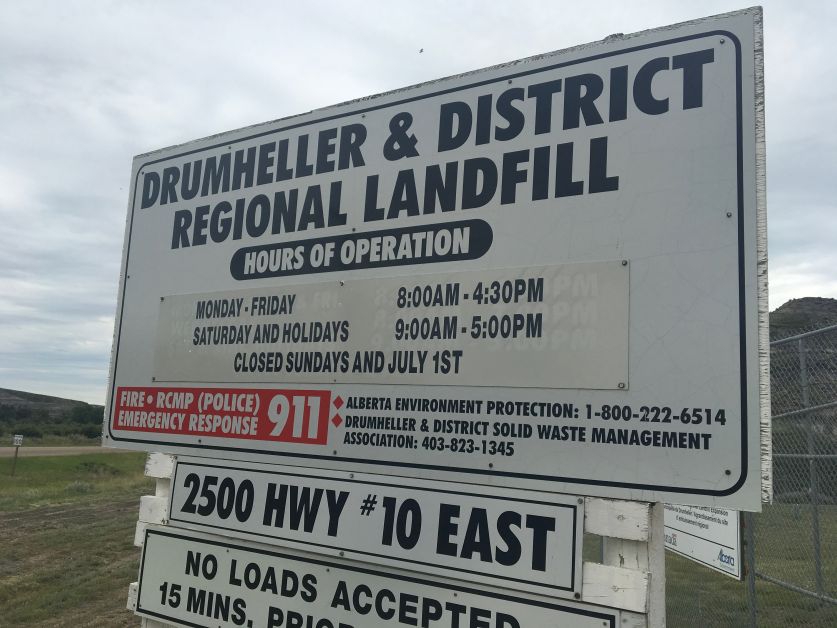
While the exit of Trident Exploration in 2019 had a devastating effect on Starland County, other companies have begun to pick up where Trident left off.
Trident ceased operations on April 30, 2019, terminating its 33 employees and 61 contracts. More significantly, it left a multi-million dollar hole in Starland County’s finances, with an unpaid tax bill.
PricewaterhouseCoopers (PWC) was appointed receiver over Trident inventory. Since then a number of companies have taken over many of these assets.
At the time of ceasing operation, Trident has 4,393 licences. A licence could include a well, facility, or pipeline licence. This includes 3,358 operational wells.
Tonya Zelinsky, communications specialist for the Alberta Energy Regulator (AER), tells the Mail new owners have taken over about 60 per cent of Trident’s inventory. Ember Resources purchased the majority of Trident’s former assets with about 15 other companies acquiring small volumes of the inventory.
“To have the licenses transferred, companies must submit transfer applications to the AER for review and decision. The AER ensures purchasers are eligible licensees (under Directive 067) and the applications met all requirements,” she stated in an email.
At present, about 245 Trident assets have working interest participants (WIPs) – the parties legally responsible for looking after assets – completing complete closure work, and 330 assets that have been orphaned to the Orphan Well Association (OWA).
She explains some of the assets that haven’t been sold, have received approval for funding through the Government of Alberta’s site rehabilitation program (SRP). PWC will continue to manage the assets until the SRP funding has been used, at which point the AER will direct WIPs or the OWA to address the remaining end-of-life obligations associated with the unsold inventory.
She states AER isn’t involved in the administration of the SRP. The AER designates assets as orphans when a company ceases operations, and there are no WIPs. The orphaned assets are transitioned to the OWA for safe closure.





























